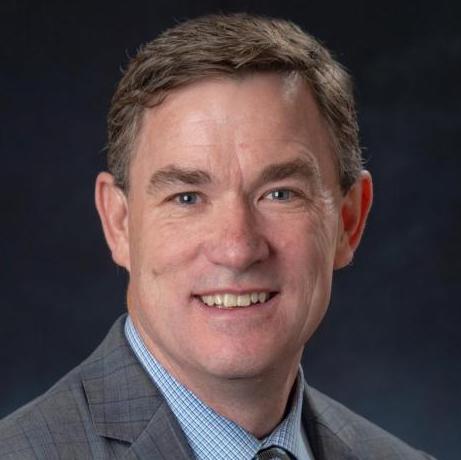It’s been nearly a year since COVID-19 emerged on a global scale, forcing universities across the country to send students home, shut down most in-person operations, and shift to a remote teaching and learning operational status for the first time in their histories.
Perhaps not since World War II have we been asked to rise to a challenge of this magnitude, one requiring us—and most of our peers—to quickly adopt new practices, new technologies, new ways of thinking and new ways of communicating with our campus community and our city, regional and state partners.
For years, we prepared for crises with tabletops and functional exercises. But when the crisis arrived, so did the realization that preparing for a crisis is one thing. Facing it is quite another, and COVID-19 presents challenges in scope and duration that most of our planning exercises could never have encompassed.
The reality of working for months on end to deploy new campuswide strategies with the imperative of safeguarding the health and well-being of thousands of students, faculty, and staff has been a build-the-plane-as-you-fly-it experience.
More from UB: Where to start rooting out higher education’s inequities
We learned much as we traversed countless challenges: How to carry out our teaching mission with a mix of in-person, synchronous and asynchronous remote learning; how to create and roll out layers of safety protocols; how to introduce new technologies, infrastructure and other strategies to support our academic mission; and how to operate in leaner, more efficient and nimble ways to implement solutions and services that are outside of traditional campus operations.
Listening in multiple directions

The most important thing we learned—or more accurately were reminded of—was how to listen. First to our 35,000 students and their families, who gave us feedback on every aspect of their academic, co-curricular, and transactional experience with us.
Then to our more than 9,000 faculty and staff, who gave us constant input on the processes, policies and procedures we were asking them to carry out. Then to our Boulder community, our state, and our federal government partners, with whom our interdependencies and relationships have been tested and then expanded like never before.
We learned how to listen in multiple directions and to multiple constituencies at the same time, and that in order to build trust, listening must inform action.
Even as we worked to educate our students, faculty, and staff about new COVID-19-aware safety protocols, we had to keep listening and keep facilitating consistent and timely two-way communication.
More from UB: Online giving rises again; how colleges can capitalize in 2021
We created regular web updates and multiple input channels. We hosted weekly campus webinars for students, families, faculty and staff—often inviting our city and county partners to participate—and we joined briefings that city and county officials hosted in our community.
When we experienced a spike in cases mid-semester, we joined a multiagency structure with public health authorities so we could help craft and implement public health orders. We increased the two-way conversation between our provost and our deans, department chairs, program directors, and our faculty.
The listening is paying off. Our faculty, staff, and students gave us key input at all points, and have stepped up to support the university’s academic and research missions. Their work has enabled us to make adjustments to provide them with the support, programs, services and recognition they deserve, and to identify emerging challenges before they might otherwise have come to our attention.
We haven’t succeeded in meeting all those challenges. We’ve had setbacks and miscalculations––but we’ve learned about the scope and impact of those setbacks by listening and trying to correct them whenever possible. We’re still trying. And learning. And listening.
Not just surviving
Experts say there is a high degree of probability that the world will experience another pandemic like COVID-19 within the next two decades, and COVID-19 itself is presenting new challenges as variants emerge.
More from UB: These universities want more in-person learning this fall
Key to successfully confronting that future pandemic—and to confronting the structural and operational challenges that face higher education leaders at all levels—is listening: to the loss and struggle of all in our communities, particularly communities of color who confront even more profound challenges; to the hard truths of what isn’t working in our approaches and methods; and to the input of the vital partners who help us succeed.
In other words, putting our mics on mute and listening isn’t just a Zoom strategy. It’s a path forward to being the resilient and responsive institution that students, families, faculty, staff, and external stakeholders are all calling for.
Someday, COVID-19 will be gone. But those calls will remain. We have to keep listening to them—not just to survive, but to succeed.
Patrick O’Rourke is the chief operating officer of the University of Colorado Boulder. A Georgetown University-educated attorney, O’Rourke has served the CU system for 15 years, including seven years as university counsel and litigator and eight years as vice president and secretary of the CU Board of Regents. He has served in his current position since February 2020 and oversees CU Boulder’s Strategic Resources and Support division.






